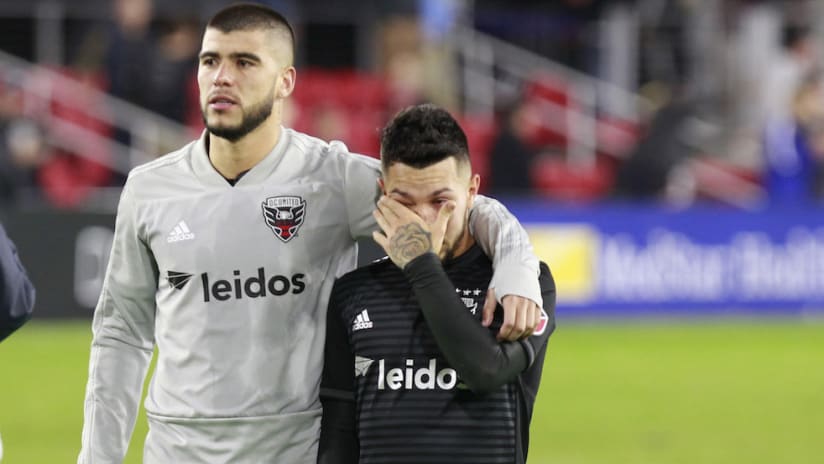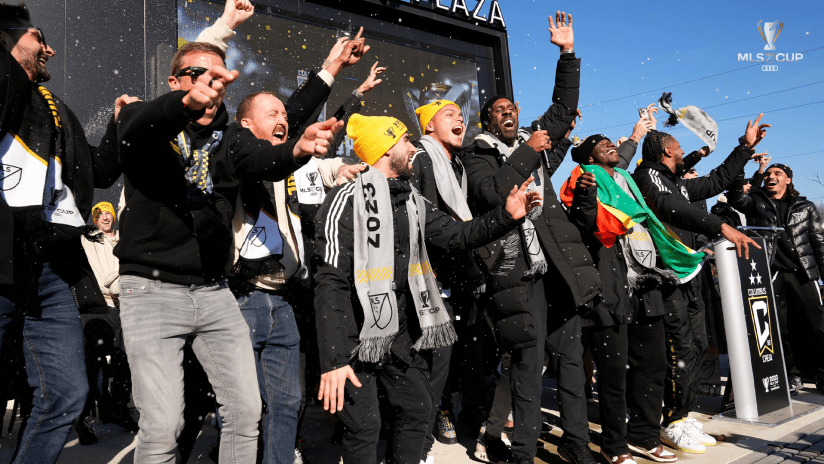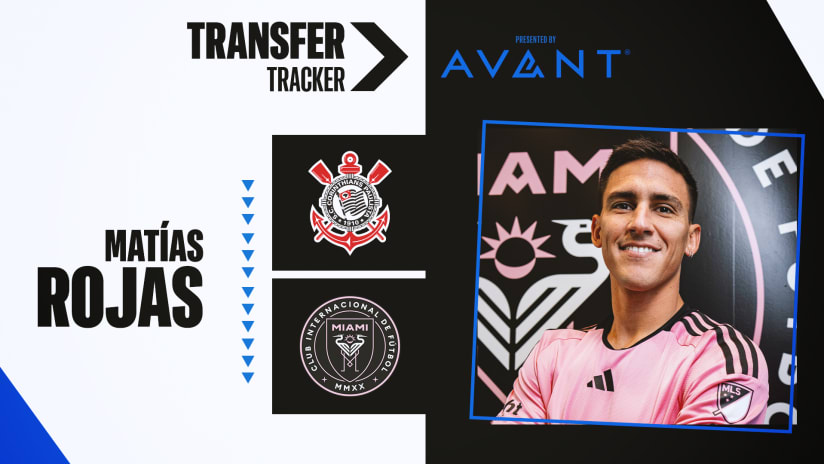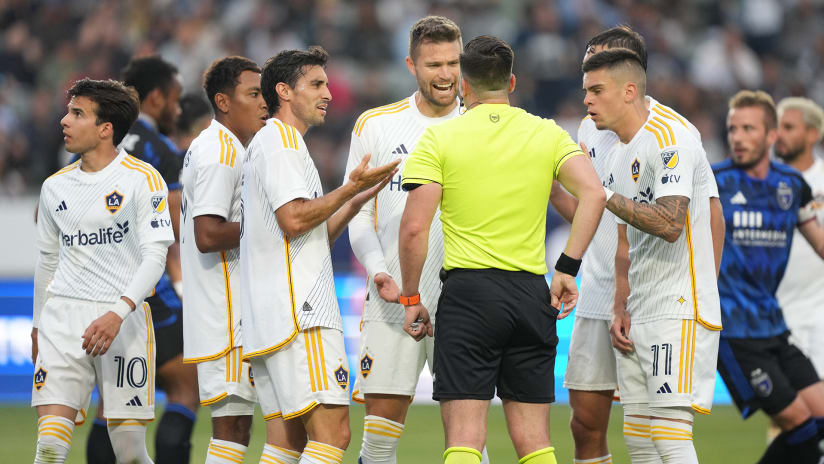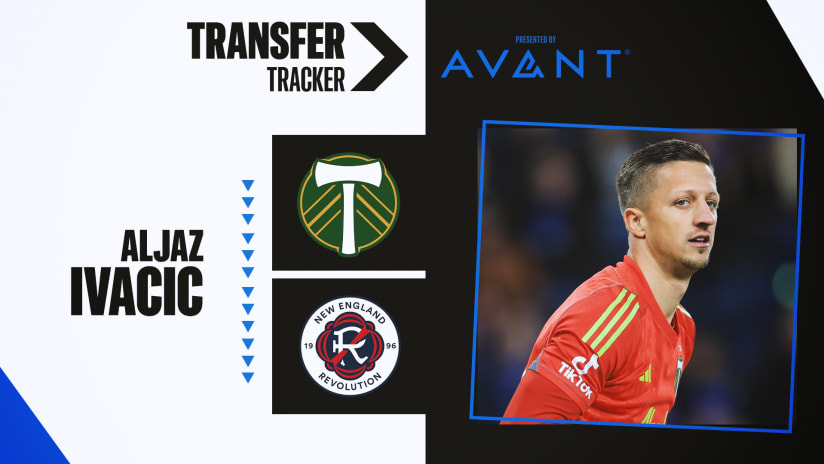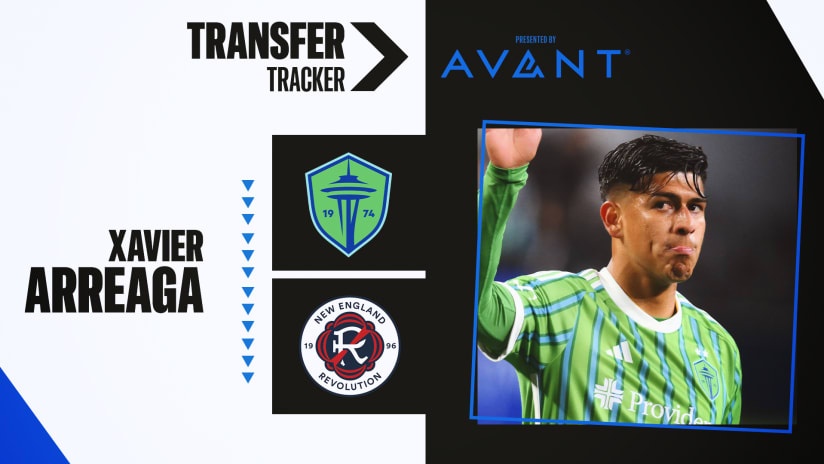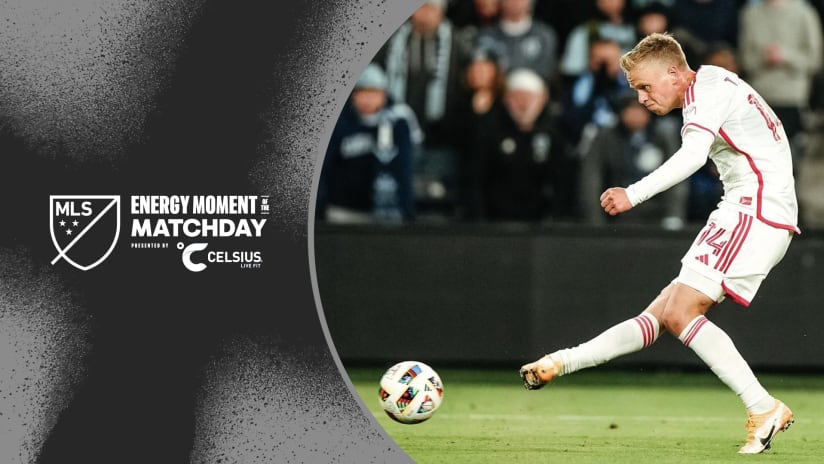Home-field advantage has traditionally been a huge factor in the Knockout Round of the Audi MLS Cup Playoffs, and that’s heavily influenced perceptions and expectations as the entire postseason shifts to that same sort of one-off, single-elimination format for this season.
A quick bit of history: Since 2011, when MLS first introduced a knockout or play-in game for what were then dubbed “wild card” entrants, the home team has advanced in 16 of the 24 games, a 66.67%, or two-thirds, rate of success for the higher-seeded hosts.
In 2015 the league expanded the overall playoff field from 10 teams to 12 teams, setting up one-off “knockout” matchups in each conference in which the third-placed teams hosted the sixth-placed teams and the fourth-placed finishers hosted the five-place teams. From 2015-18, the home team advanced on 10 of the 16 occasions, a 62.5% rate of home success.
With the latter rounds of the playoffs now changing from two-legged series to the single-game matches previously only found in the Knockout Round, MLS teams have placed a high priority this year on not just qualifying for the proverbial “second season” but also finishing highly enough in the standings to earn a spot in the top half of the bracket and thus earn the right to host at least one game on home turf. (Reminder: The top finisher in each conference enjoys a first-round bye.)
A deeper look at past results shows some trends that might buck that newly-established conventional wisdom, however.
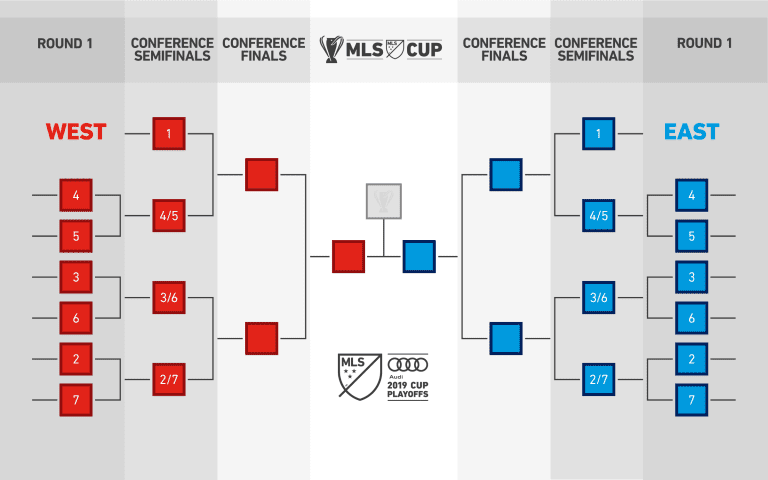
After home teams only won half the time in the first two years of the Knockout Round, the hosts dominated results for several years, going 8-0 from 2013-15 and 3-1 in 2016. But two years ago things started to shift back towards relative parity, as the home teams went 2-2 in 2017's KO phase and a striking 1-3 last year.
Notably, some of these road upsets were achieved via penalty-kick shootouts after draws over 120 minutes of regulation and extra-time play, with Columbus Crew SC knocking off Atlanta and D.C. United on PKs the past two seasons. Others were defend-and-counter masterclasses like the one put on by Portland at Dallas last year and Montreal at D.C. in 2016.
Will any of this make any of the visitors more optimistic when the postseason kicks off after the international break later this month? We should find out in the coming weeks.

